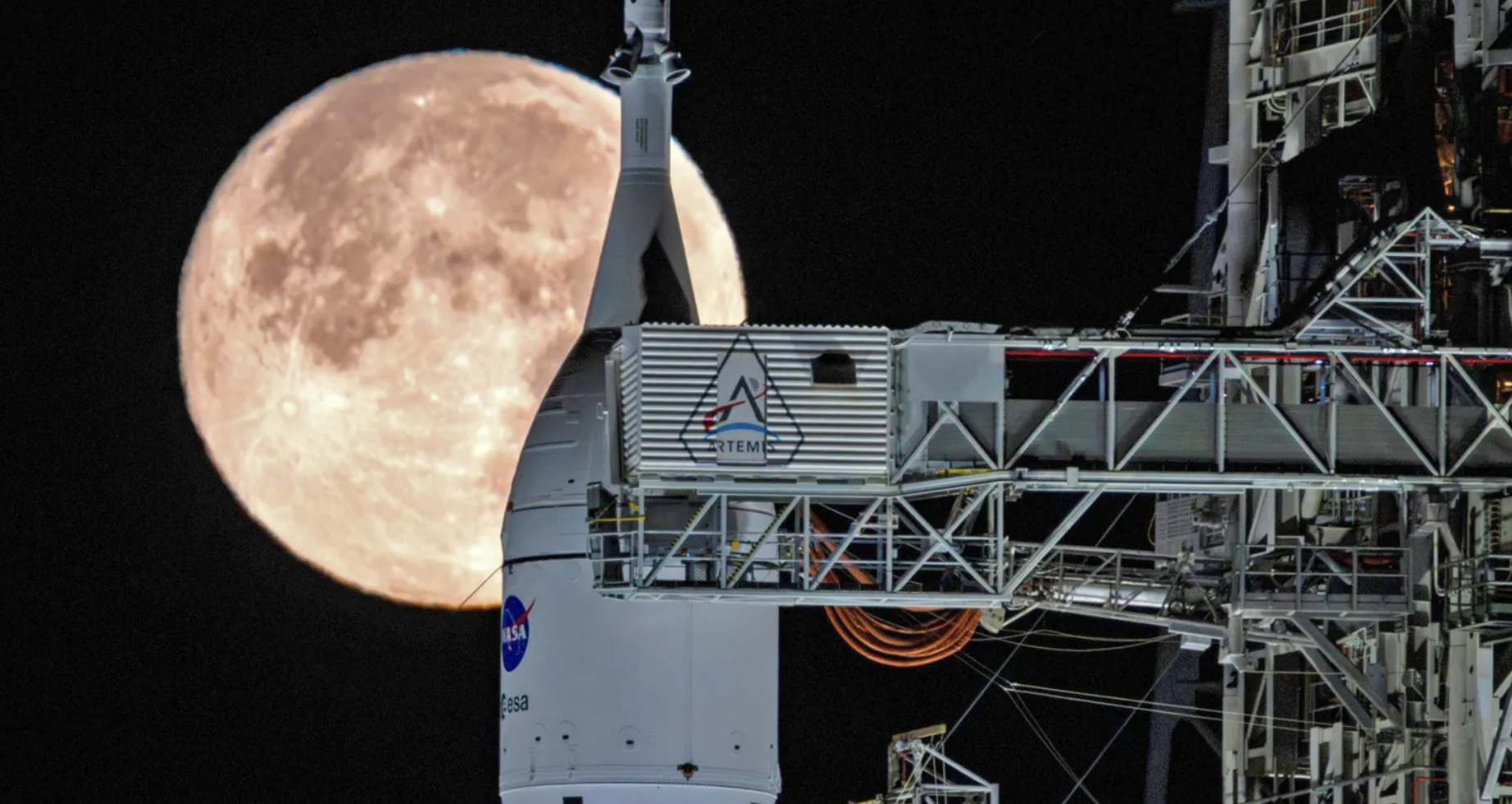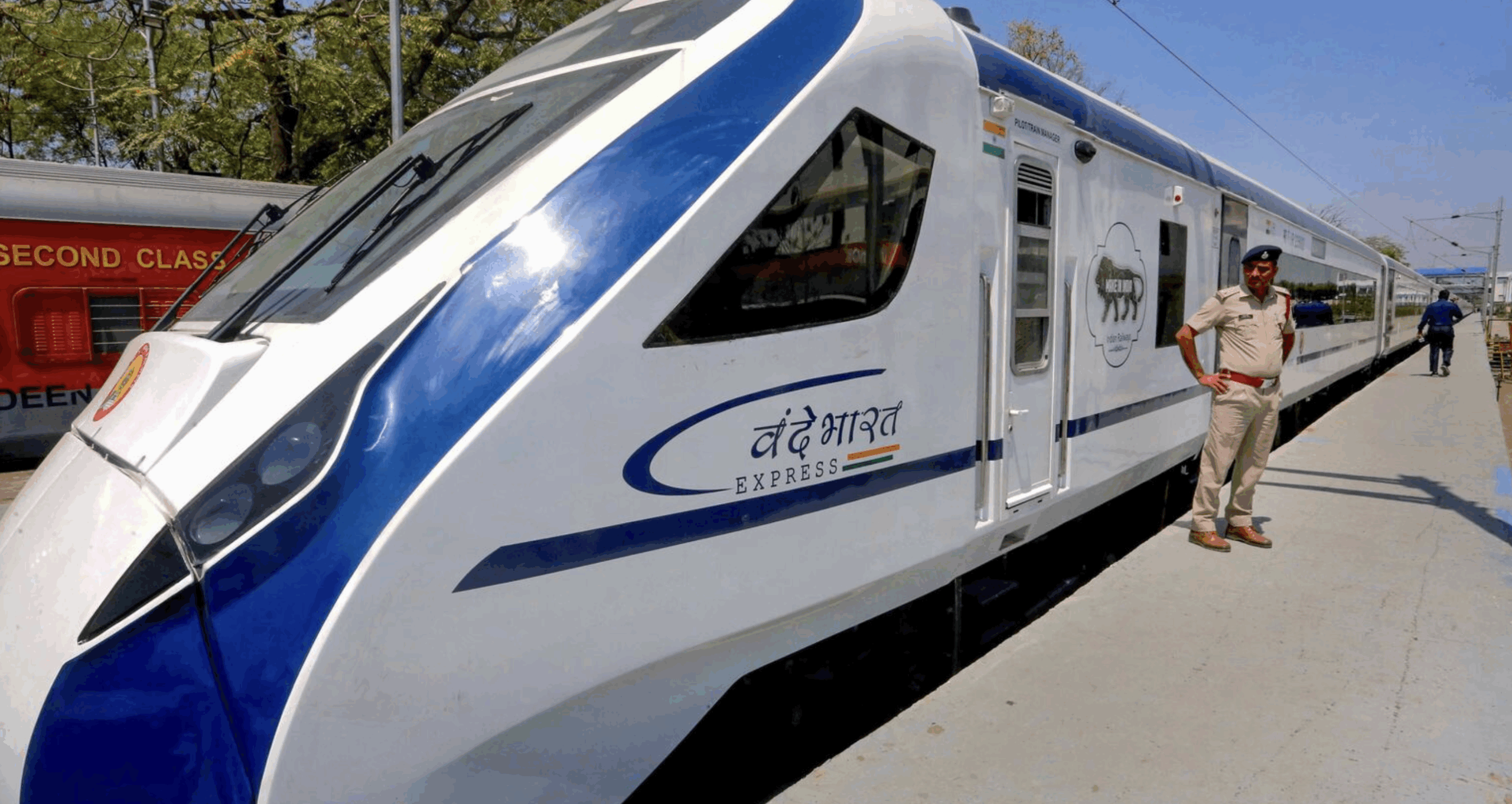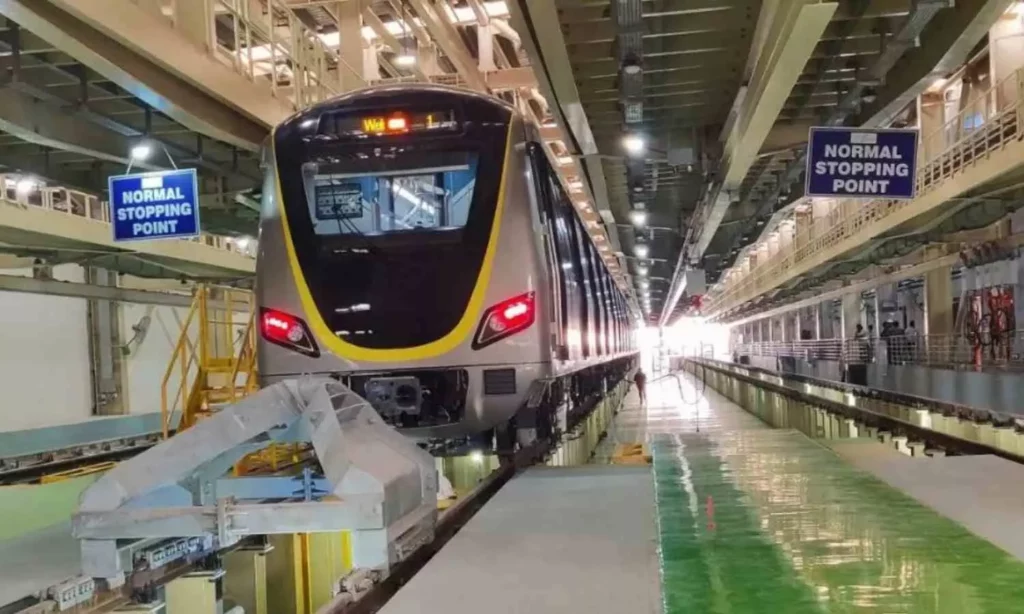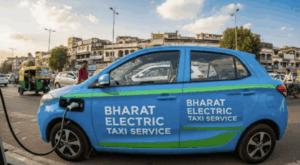Union Minister Nitin Gadkari, speaking at the HPCL Presents Times Drive Auto Summit & Awards 2025, highlighted several major road projects, including the Bengaluru-Chennai Expressway. This expressway aims to cut travel time between the two cities from seven hours to just 2–2.5 hours, reducing congestion and improving connectivity.

Bengaluru-Chennai Expressway: Completion Expected by June 2026
According to the National Highways Authority of India (NHAI), only 71 km of the expressway has been completed so far. The Karnataka stretch was finished and informally opened for local travel in December 2024. However, the sections in Andhra Pradesh and Tamil Nadu are still under construction. In response to a query from Rajya Sabha MP Lahar Singh Siroya, Gadkari confirmed that the entire project is expected to be completed by June 2026.
The Rs 17,000-crore expressway is a four-lane, access-controlled highway stretching from Hoskote in Karnataka to Sriperumbudur in Tamil Nadu. It serves as an alternative to the existing 340-km route via Hosur, Krishnagiri, and Ranipet, significantly reducing traffic congestion.
Bengaluru-Chennai Expressway: Key Segments and Impact on Connectivity
In Karnataka, the expressway is divided into three major construction segments:
- Package 1: Hoskote to Malur (27.1 km)
- Package 2: Malur to Bangarpet (27.1 km)
- Package 3: Bangarpet to Bethamangala (17.5 km)
Once fully operational, this expressway is expected to boost economic activity along its route and enhance travel efficiency between Bengaluru and Chennai.
The event brought together industry leaders, policymakers, and stakeholders to discuss India’s transition toward a greener and more sustainable automotive future. With a strong push for electric vehicles (EVs), initiatives like this are shaping the country’s evolving mobility landscape.
Summary:
The Bengaluru-Chennai Expressway, highlighted by Nitin Gadkari at the Times Drive Auto Summit 2025, aims to cut travel time to 2–2.5 hours. While 71 km is complete, full completion is expected by June 2026. The Rs 17,000-crore project will reduce congestion, enhance connectivity, and boost economic activity.












